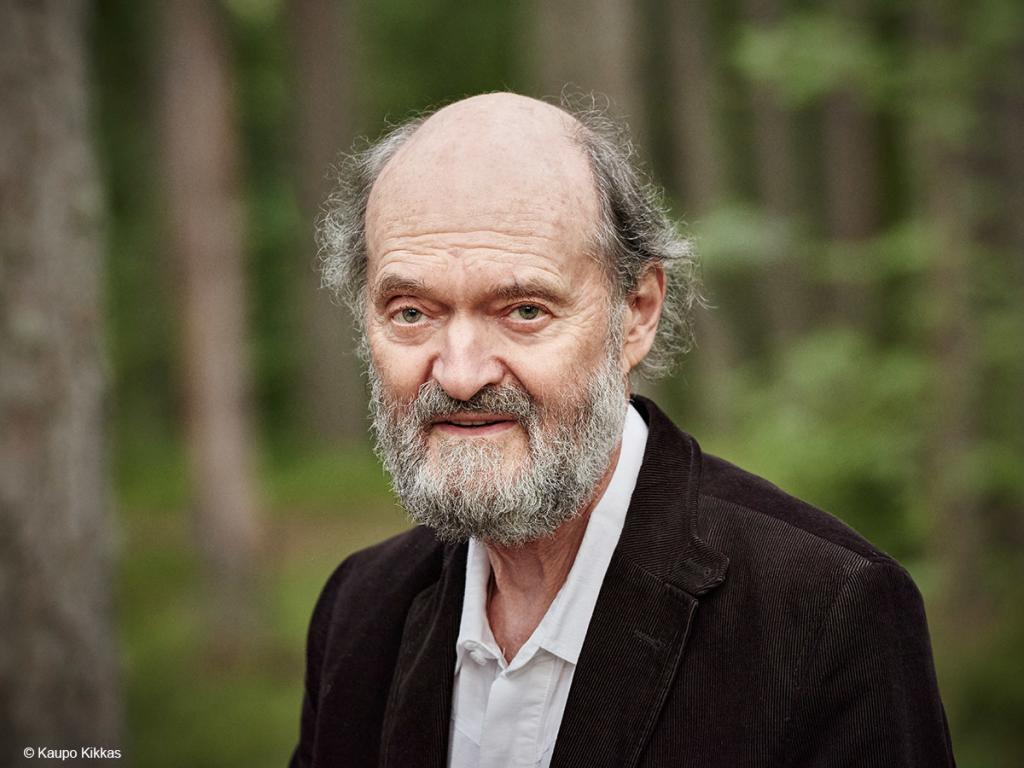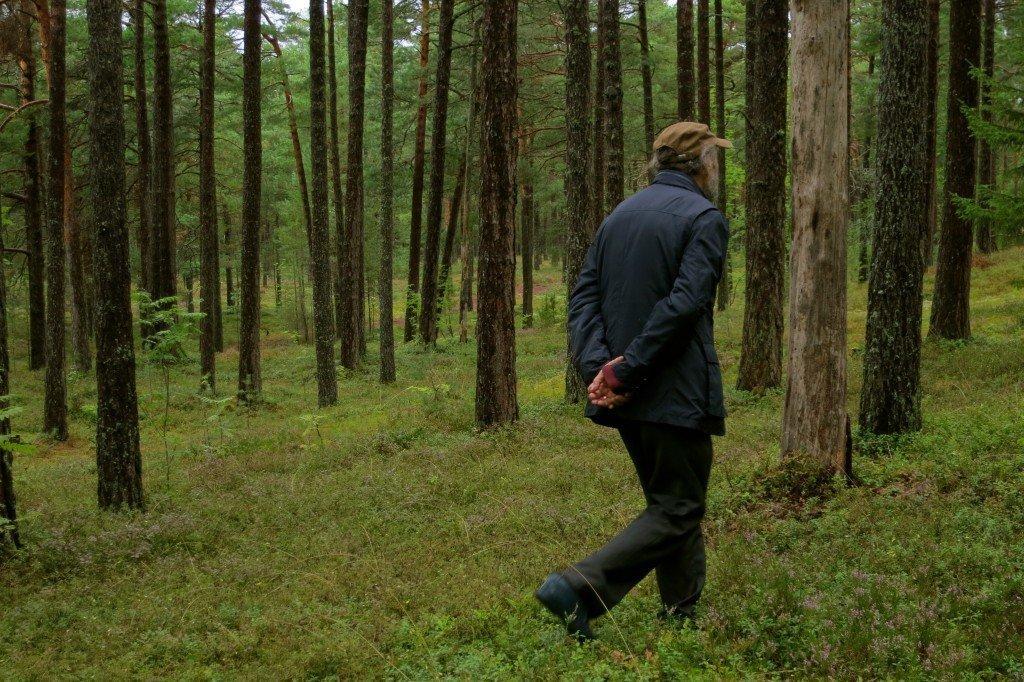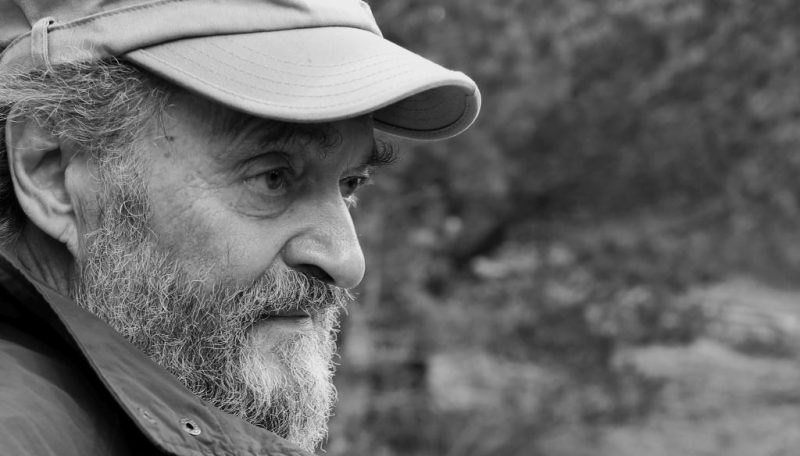Arvo Pärt: The coronavirus has shown us in a painful way that humanity is a single organism
The Estonian composer, Arvo Pärt, gave a rare interview to the Spanish newspaper, ABC, in which the maestro said the coronavirus had showed us in a painful way that humanity is a single organism and human existence is possible only in relation to other living beings.
Pärt was interviewed by Inés Martín Rodrigo for the Spanish outlet, ABC, published on 7 April 2020. The English translation was provided by the Arvo Pärt Centre. Lightly edited by Estonian World.
In your opinion, what role do the arts play as networks of social connections and reference points defining our identity in the current global crisis that we are undergoing?
What is happening in the world today forces us all to make sacrifices and as if to roll back our life. In a way, it is like a “total fasting” for the whole world. All cultures know the concept of fasting, its benefits and impact. The current situation of self-restraint concerns us all – also in the world of arts, whether we want it or not.
Has the crisis, the current terrible situation, inspired you to create something, to compose, or on the contrary, is it off-putting to you as a composer?
The American author, John Updike, once said that he tries to work with the same calmness like the craftsmen of the Middle Ages who decorated the hidden sides of the pews with their carvings, although no-one would be able to see them after completion. I try, as much as I can, to live by the same principle.

In your opinion, does the ongoing crisis have an impact on the way music is viewed and composed? If so, then what is the new form of music, new musical language, that is born after the current nightmare?
Hard to say. Any adversity makes artists move closer to what is important, essential. Only time can tell what fruits will such a focusing on the essential bear.
What is the most important lesson that we should learn from these restrictions? Do we know as a society how to live in an isolation?
This tiny coronavirus has showed us in a painful way that humanity is a single organism and human existence is possible only in relation to other living beings. The notion of “relationship” should be understood as a maxim, as the ability to love. Although this is truly a high standard, maybe even too high for a human being.
Our current situation is paradoxical: on the one hand, it means isolation, on the other, it brings us closer. While isolating ourselves, we should be able to – we are even forced to – appreciate our relationships in a small circle and to tend to them. All of this we have to learn before we expect, or even demand, love and justice from the whole world. In a way, the coronavirus has sent us all back to first grade. Only once we’ve passed this test can we begin to think about the next steps. This is a very long process.

It is clear that, after overcoming this crisis, our world and our society will not be the same. But what will it be like? Will it change our understanding of freedom and civil rights?
Yes, that’s exactly what will happen. So far, we haven’t known how to handle our freedom in the right way. The penalty could be painful.
As the result of the injustice of the Soviet regime, you had to put up with exile. How would you assess the reaction to the crisis by the countries and the governments of the world?
The crisis has created a situation where all possible problems and shortcomings are revealed on every level. It doesn’t matter whether we’re talking about weaknesses of the political or social systems. The current crisis does not spare anyone, in the state of emergency everyone reveals their true “worth”, which can no longer be hidden. No-one knows how we will come out of this, but we all know that nothing will remain the same.
In early April, Pärt received the Spain-based BBVA Foundation’s “Frontiers of Knowledge Award in Music and Opera”; the award recognises significant contribution in cultural creation.
Cover: Arvo Pärt (Photo by Birgit Püve).
